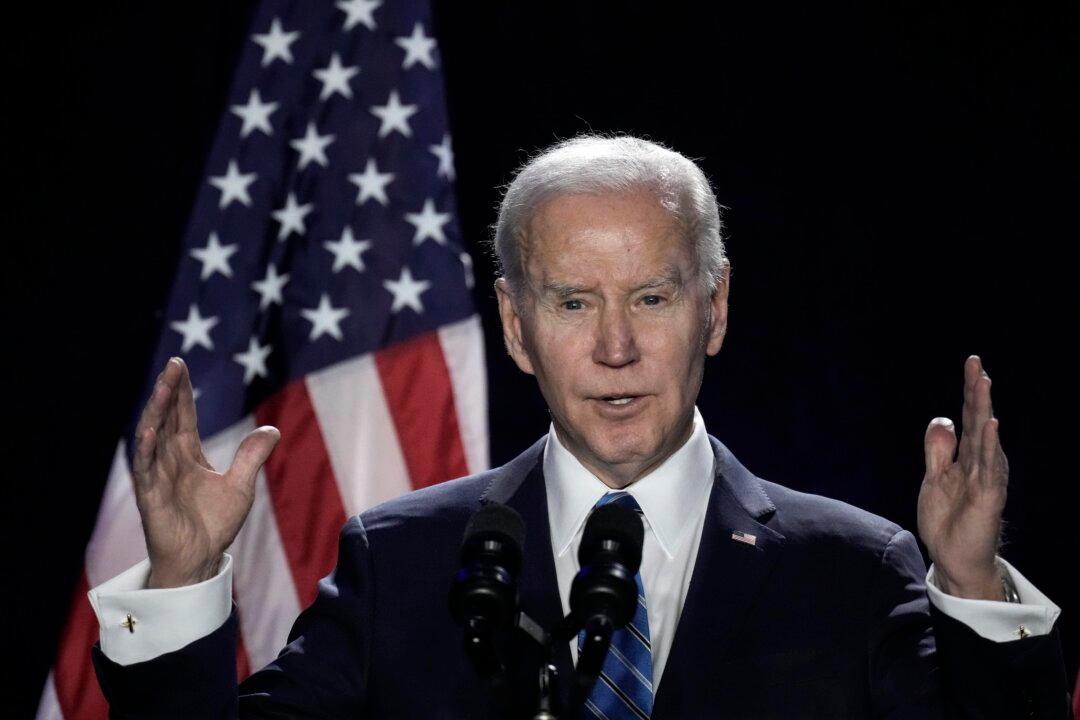The Biden administration is seeking $1.6 billion in funding to help prosecutors track down and recover government funds that were fraudulently distributed under COVID-19 pandemic relief programs.
On a call with reporters on Thursday, White House American Rescue Plan coordinator Gene Sperling laid out a new plan by the Biden administration to prosecute pandemic fraud. The plan calls for Congress to extend prosecution deadlines and provide more funding for additional resources to pursue fraud cases. The plan also calls for establishing new safeguards against identity theft, which fraudsters have used to obtain funds set aside in pandemic relief programs.





